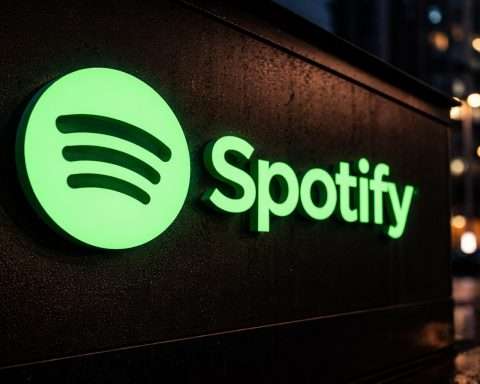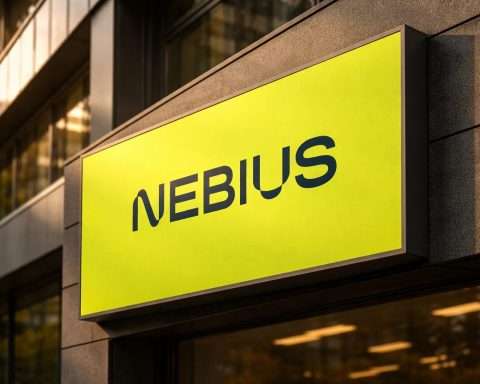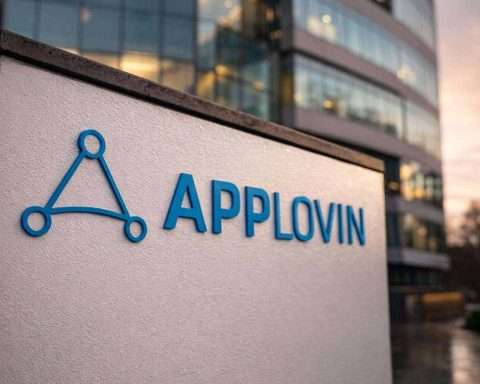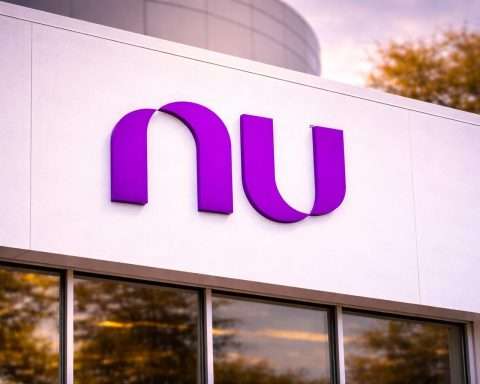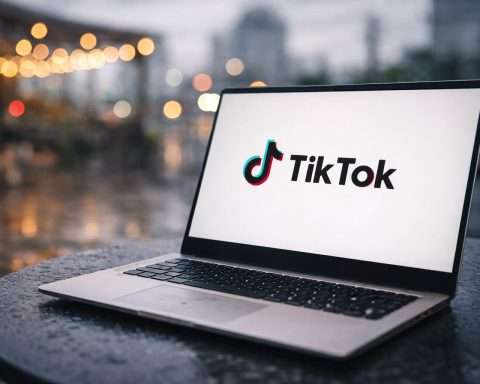In a major development on Nov. 4, 2025, Google and Epic Games (maker of Fortnite) jointly proposed a “comprehensive” settlement to end Epic’s five-year antitrust lawsuit against Google’s Play Store. The court filing outlines a deal that would slash Google’s in-app fees and open Android to approved third-party app stores and payment methods. Google says these reforms will maintain security while giving developers and users more choice, but they still require approval by U.S. District Judge James Donato. The agreement has already drawn praise for its potential to reshape the Android ecosystem.
Android users could soon see greater flexibility on their devices under this proposal. Google would allow users to download and install third-party Android app stores that meet new security and safety standards. Developers could also direct users to external payment options (inside apps or via web links), bypassing Google’s billing in many cases. Google has proposed capping its service fee at either 9% or 20% on transactions made with these alternative payment methods – a steep cut from the current 15–30% rates. These changes would apply worldwide through mid-2032, signaling a long-term shift toward Google’s original vision of Android as an open platform.
- Lowered fees: Google would cap its service fee at 9% or 20% (depending on the type of transaction) for apps using alternate billing.
- Alternative payments: Developers can link to external payment systems inside apps or via the web. If a user opts for a third-party payment, Google collects no billing fee from that purchase.
- Third-party stores: Android will support “Registered App Stores” so that rival app marketplaces can distribute Android apps. This means approved stores (e.g. by OEMs or other platform holders) could become first-class app sources on Android.
- Global, long-term scope: Unlike a limited U.S.-only injunction, these reforms would apply worldwide and last through mid-2032 (much longer than the earlier three-year mandate).
- Legal resolution: If the court approves the deal, Epic’s antitrust suit (and related cases, such as Epic’s dispute with Samsung) would be resolved Reuters, putting the companies’ litigation to rest under these new rules.
Google’s Android chief, Sameer Samat, pitched the proposal as a balance of safety and choice. He said the changes “focus on expanding developer choice and flexibility, lowering fees, and encouraging more competition all while keeping users safe”. Epic CEO Tim Sweeney enthusiastically endorsed the plan on social media, calling it “awesome” and saying it “genuinely doubles down on Android’s original vision as an open platform”. (Sweeney contrasted Google’s approach with Apple’s closed App Store model, which Epic has also challenged.) In short, both sides argue the deal will “make Android a more vibrant and competitive platform for users and developers”.
Epic’s lawsuit against Google began in 2020 over Play Store policies. After a 2023 jury trial sided with Epic on key points, Judge Donato issued a sweeping injunction in late 2024 forcing Google to allow rival app stores on Android (among other changes). Google appealed and lost: a federal appeals court upheld the injunction in July 2025, and the U.S. Supreme Court in October 2025 declined to stay parts of it. With Epic’s legal victory essentially secured, the companies are now negotiating to finalize the details. The Nov. 4 filing asks Judge Donato to approve the settlement and modify parts of his injunction accordingly.
The final steps are now in the hands of the court. A hearing is scheduled for Thursday, Nov. 6, where Judge Donato will review the joint proposal. If the judge signs off, Google can begin rolling out these changes (likely in the next Android OS update). The agreement would allow both Google and Epic to drop their lawsuits and move forward under the new rules Reuters. Observers say the deal could mark a watershed for Android: ending a high-profile legal battle while ushering in a more open app ecosystem on millions of devices 1 .
Sources: The details above are drawn from contemporary news reports, including Reuters, The Verge, The Guardian (AP), and TechCrunch. All information is based on filings and statements made on Nov. 4-5, 2025.



